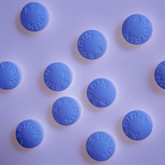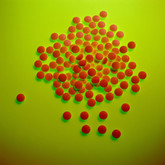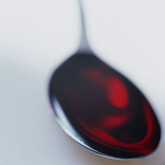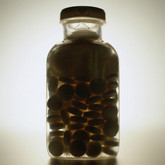Generics/General
Row continues over drug shortages
Unhappiness about persistent drug shortages is becoming more acute, both in Europe and the US. Hospitals in The Netherlands are routinely short of around 40 products, whereas in the US 180 medications have now made it onto FDA’s list of scarce products. Hospital pharmacists spend an increasingly large amount of time trying to source scarce items and, despite their best efforts, doctors and patients are increasingly noticing the scarcities.
Industry adjustments as patents expire
Analysts are making some positive predictions as they consider the implications of the continued patent expiry of many blockbuster originator drugs.
New Spanish prescribing laws to promote generics
In an attempt to reduce the healthcare bill the Spanish government has approved new rules to force Spanish doctors to prescribe and pharmacies to dispense generic drugs rather than more expensive brand-named medicines.
Pilot programmes between EMA, FDA and TGA a success
Two pilot programmes of collaboration on inspections between EMA, FDA and the Australian Therapeutic Goods Administration (TGA) have concluded successfully, according to two reports published by the EMA on 2 August 2011. The two programmes were carried out with the intention of increasing international regulatory collaboration in order to increase drug quality and safety.
Market share of generics set to rise as blockbuster patents end
Sales of generic drugs across Europe are expected to grow by 63% in the next three years, mainly because the patents of nine major blockbuster drugs are due to run out [1].
TRIPS and access to essential medicines
A large number of people in the world cannot afford the basic necessities of life, which include access to essential medicines. Policies to encourage generic medicines in poorer countries may go some way to making essential medicines available for all, however, global intellectual property agreements may hinder these efforts.
Europe’s industry concerned about converging prices and patient access
In response to a report on reference pricing in the EU, the European Federation of the Pharmaceutical Industries and Associations (EFPIA) says that while ‘it is rational for a Member State without resources to assess the value [of a medicine] to refer to a similar country that does … it is not appropriate for higher-income countries to mechanistically refer to prices in countries with a much lower purchasing power’.
Concerns over international reference pricing in the EU
An independent report commissioned by the European Parliament’s committee for Environment, Public Health and Food Safety (ENVI) has highlighted some problems with access to medicines due to the widely used practice of international reference pricing within the EU [1].
Topotecan market too hot for Sun
Sun Pharmaceutical Industries withdrew its marketing authorisation application for Topotecan SUN on 17 February 2011. EMA was formally notified by Sun of its decision to withdraw its application for a centralised marketing authorisation for the medicinal product Topotecan SUN 1 mg and 4 mg powder for concentrate for solution for infusion.
Brand-name versus generic drug costs
The Blue Cross Blue Shield of Michigan, an American healthcare insurance company, has collected data on the top 25 brand-name drugs with available generic counterparts.













